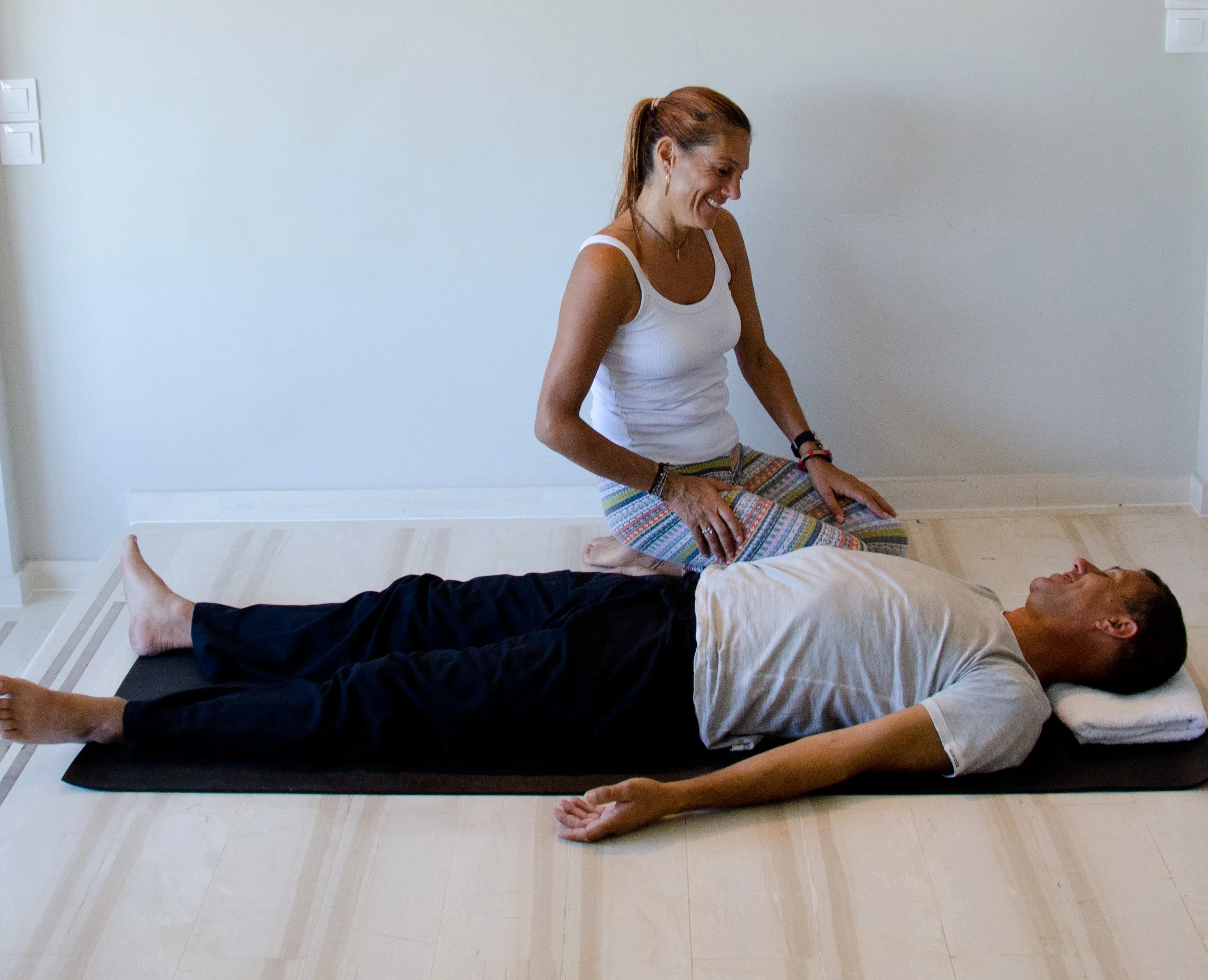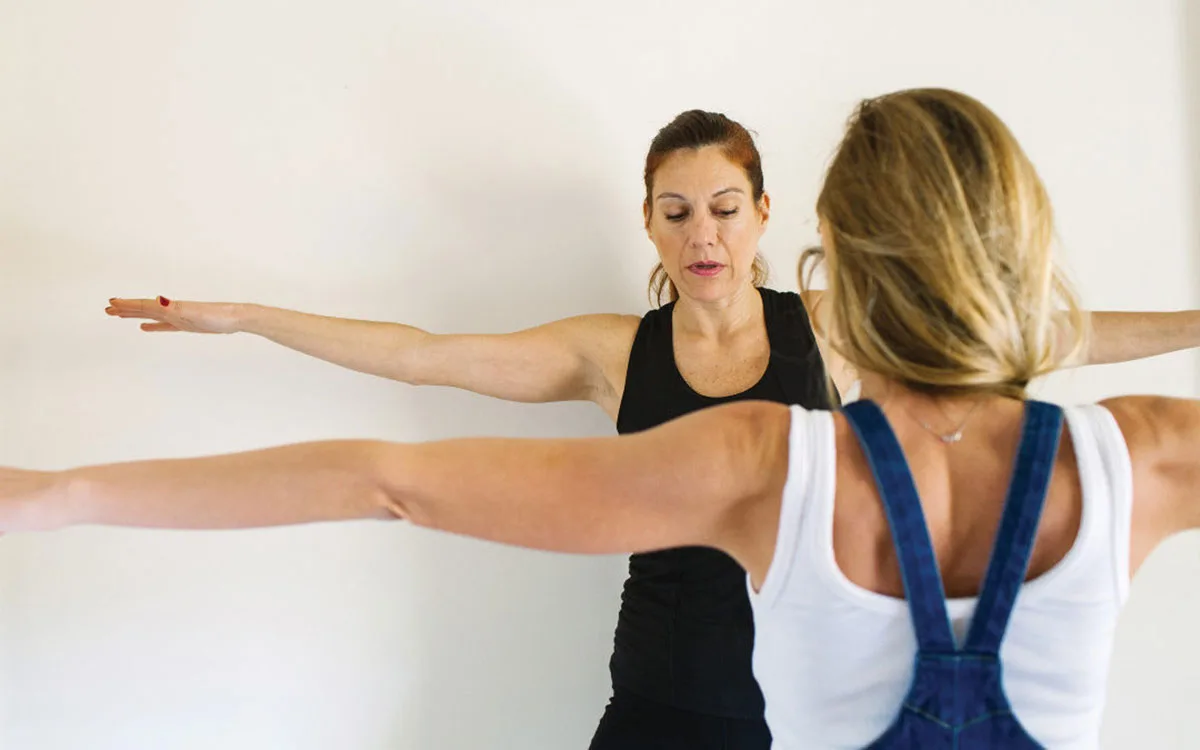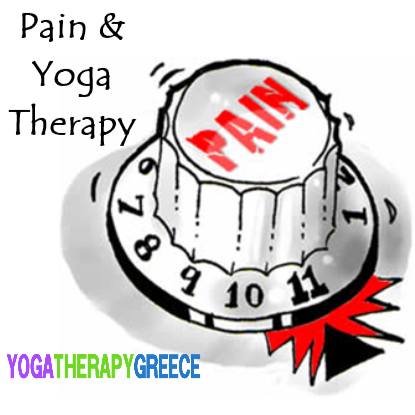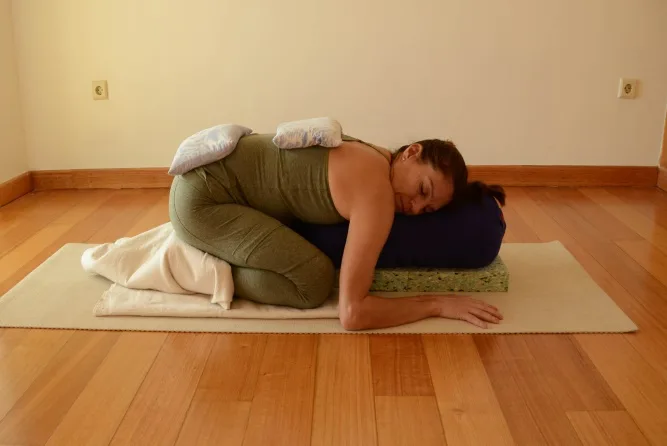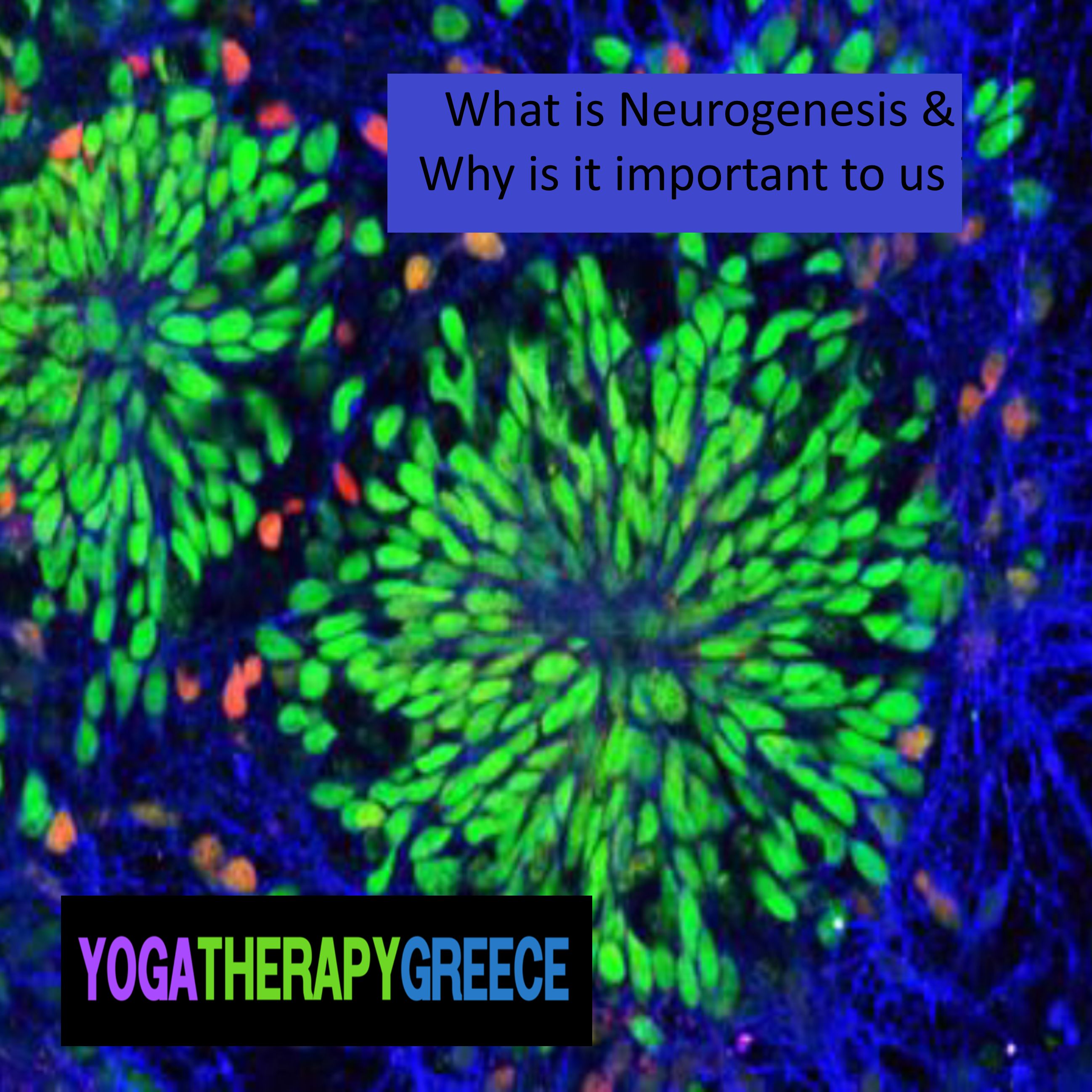Yoga Therapy for Dementia
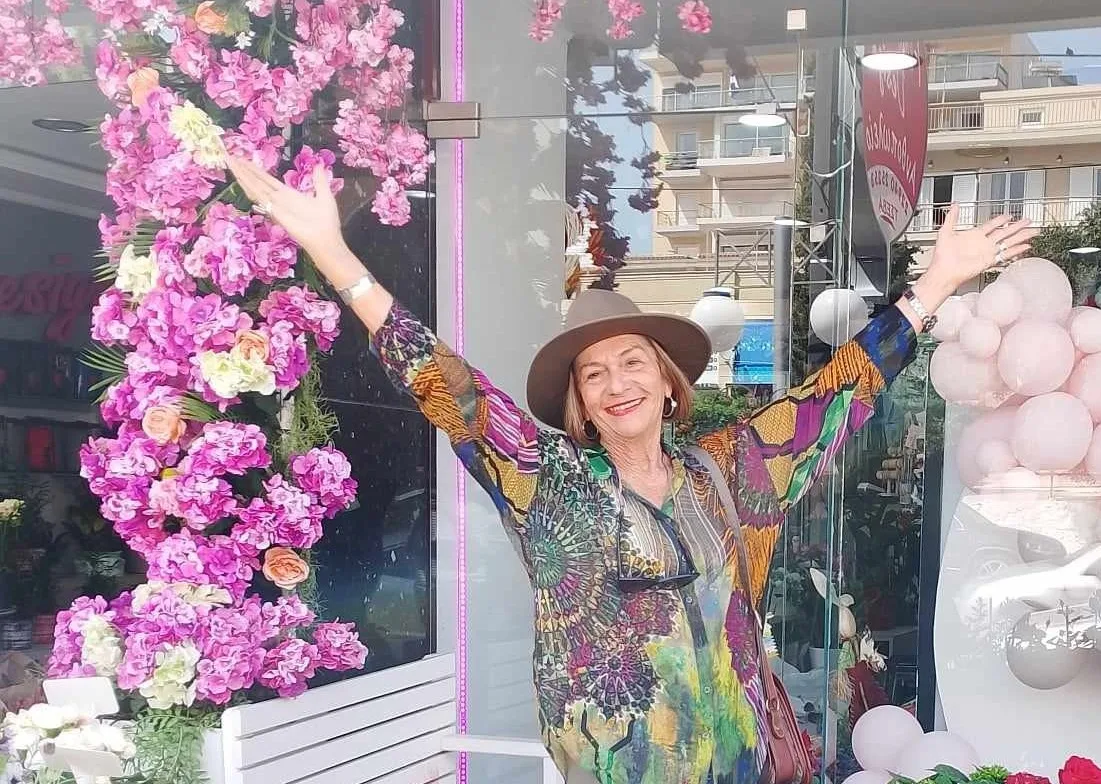
Dementia
Dementia is a syndrome, usually chronic or progressive, that leads to deterioration in cognitive function (i.e., the ability to process thoughts, loss of autobiographic and overall memory) beyond what might be expected from the usual consequences of aging.
Alzheimer’s disease is the most common type of dementia, which is an umbrella term for a number of diseases that cause cognitive decline and eventually death. Alzheimer’s disease accounts for 60-80% of cases.
Vascular dementia, which occurs because of microscopic bleeding and blood vessel blockage in the brain, is the second most common cause of dementia. Those who experience the brain changes of multiple types of dementia simultaneously have mixed dementia. There are many other conditions that can cause symptoms of cognitive impairment but that aren’t dementia, including some that are reversible, such as thyroid problems and vitamin deficiencies.
Dementia is the seventh leading cause of death among all diseases and one of the major causes of disability and dependency among older people worldwide. 55 million people have dementia, with 60% living in low- and middle-income countries and more than 7 million in the United States. As there are more and more older people this number is expected to increase and the economic burden as well.
Signs and Symptoms
- Short-term memory.
- Keeping track of a purse or wallet.
- Paying bills.
- Planning and preparing meals.
- Remembering appointments.
- Traveling out of the neighbourhood.
Dementia symptoms are progressive, which means that the signs of cognitive impairment start out slowly and gradually get worse over time, leading to dementia.
Prevention
Although risk factors such as genetics cannot be changed, multiple healthy lifestyle choices, including healthy diet, not smoking, regular exercise and cognitive stimulation and good sleep, decrease the risk of cognitive decline and dementia.
Treatments
There is currently no cure for dementia and the deterioration may occur over decades. However, some medications can help with the symptoms, temporarily slow the worsening of dementia symptoms and improve quality of life for those living with Alzheimer’s and their caregivers.
Alternative Approaches
Early intervention and psychosocial support for people with dementia and their carers can increase quality of life, reduce stress and delay admission to residential care. Programs in the community and residential care can in turn reduce admissions to the hospital.
Mind and Body interventions like yoga and tai chi seem to have very promising results, affecting the physical, emotional, mental, social and spiritual needs of the people with dementia. Supplements like coenzyme 10, Omega 3 fatty acid, ginkgo biloba (from Chinese medicine) can help a lot.
Yoga Enhances Neuroplasticity Yoga therapy can stimulate neuroplasticity, the brain’s ability to reorganize itself by forming new neural connections. Practices like meditation and mindfulness have been shown to increase grey matter density in areas of the brain associated with memory, learning, and emotional regulation.
Yoga Improves Memory and Attention. Regular practice of yoga has been linked to improved memory and attention and a slow down in the progression of cognitive decline. Techniques such as pranayama enhance oxygen supply to the brain, promoting better mental clarity and focus.
Yoga has many Physical Benefits. Engaging in yoga increases physical activity, which is crucial for overall health and well-being. Yoga postures, improve flexibility, strength, and balance, reducing the risk of falls—a common concern among dementia patients. Gentle yoga styles and chair yoga are particularly suitable for older adults and those with limited mobility.
Yoga Enhances Blood Circulation. Enhanced circulation ensures that the brain receives a sufficient supply of oxygen and nutrients, which are essential for optimal brain function. Improved circulation also aids in nourishing tissues and muscles as well as in removing toxins from the body, contributing to better overall health.
Yoga reduces stress and anxiety and enhances mood. Dementia patients often experience high levels of stress and anxiety. Yoga therapy, particularly through the practice of mindfulness and meditation, can significantly reduce stress hormones like cortisol. A calmer state of mind is achieved through regular practice, which can improve the mood and emotional stability of individuals with dementia. The combination of physical movement, breathing exercises, and mindfulness in yoga stimulates the production of endorphins, the body’s natural mood lifters. This can help counteract depression, which is commonly associated with dementia.
Yoga also promotes social engagement. Yoga classes provide a supportive community environment where dementia patients can interact with others. This social engagement is crucial, as it helps reduce feelings of isolation and loneliness, which can exacerbate cognitive decline. Group activities foster a sense of belonging and can improve overall mental health.
Yoga Therapy for dementia should be given ideally in groups, twice a week for at least 3 months. The main principles for working with people with dementia either in a group setting or in 1-2-1 are shared in our IAYT Accredited Yoga Therapy Trainings.




